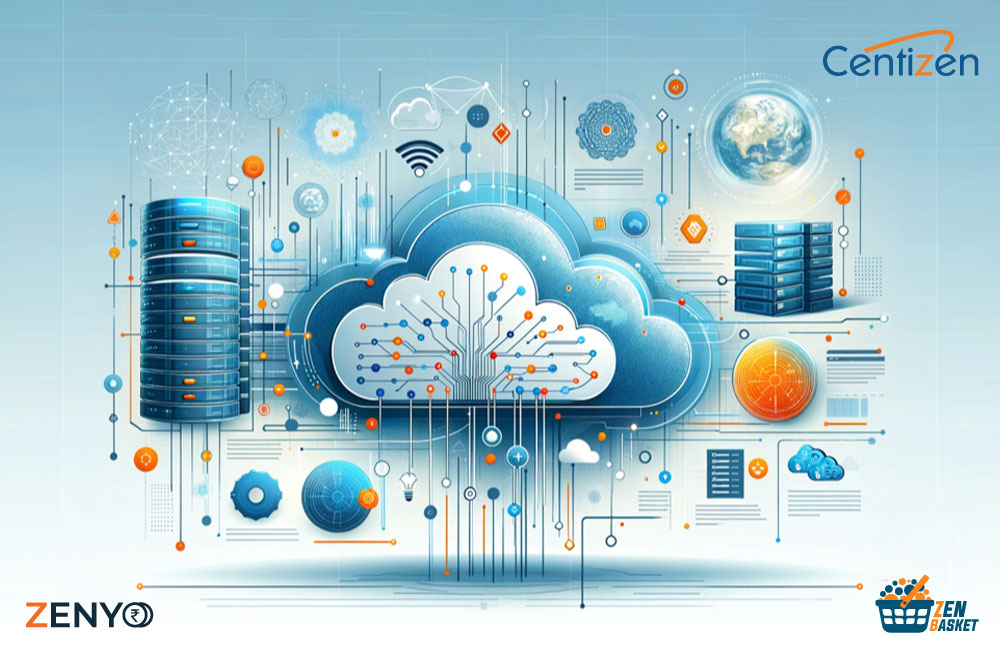Optimizing Cloud Database Performance: Common Challenges and Effective Solutions

In the era of cloud computing, databases are more crucial than ever. They store everything from user data to critical business operations. However, despite the advantages of cloud databases, many organizations face performance issues. This article explores common problems that plague cloud database performance and offers practical solutions.
1. Inadequate resource allocation
Problem:
One of the primary reasons for poor performance is inadequate resource allocation. Cloud databases require proper CPU, memory, and storage resources. Underestimating these can lead to slow query responses and system lag.
Solution:
Regularly monitor your database’s resource utilization. Use auto-scaling features provided by cloud providers to adjust resources based on demand. Also, choose the right database type and size for your workload.
2. Network latency
Problem:
Cloud databases can suffer from network latency, particularly if the database is hosted in a different geographical location than its users.
Solution:
Host your database in a region closest to your primary user base. Use Content Delivery Networks (CDNs) to cache data and reduce the distance it travels.
3. Poor database design
Problem:
Inefficient database design, such as improper indexing, can severely impact performance. Over-indexing can slow down write operations, while under-indexing can hinder read operations.
Solution:
Regularly review and optimize your database schema. Ensure proper indexing based on your application’s read-write patterns.
4. Inadequate query optimization
Problem:
Poorly written queries can cause significant performance degradation, especially when dealing with large datasets.
Solution:
Use query optimization tools and techniques. Review and refactor inefficient queries. Consider using stored procedures and triggers to optimize complex operations.
5. Failure to scale horizontally
Problem:
Relying solely on vertical scaling (upgrading existing resources) can be limiting. It often leads to a performance plateau.
Solution:
Implement horizontal scaling (adding more nodes). Distribute the load across multiple database instances.
6. Ignoring cache opportunities
Problem:
Frequent direct database queries for the same data can be inefficient and slow.
Solution:
Implement caching mechanisms. Store frequently accessed data in memory for quicker access.
7. Not using automated backups and recovery
Problem:
Manual backups and recovery processes can be time-consuming and error prone.
Solution:
Utilize automated backup and recovery solutions provided by cloud services. Ensure regular backups and test recovery processes.
Optimizing cloud database performance requires a mix of right-sizing resources, efficient design, query optimization, and leveraging cloud-native features like auto-scaling and caching. Regular monitoring and proactive maintenance are key to ensuring your cloud database doesn’t just run, but thrives. For expert guidance and tailored solutions that maximize your cloud database’s efficiency, consider exploring Centizen Cloud Consulting services, where innovation meets expertise.
Centizen
A Leading IT Staffing, Custom Software and SaaS Product Development company founded in 2003. We offer a wide range of scalable, innovative IT Staffing and Software Development Solutions.
Contact Us
USA: +1 (971) 420-1700
Canada: +1 (971) 420-1700
India: +91 63807-80156
Email: contact@centizen.com
Our Services
Products
Contact Us
USA: +1 (971) 420-1700
Canada: +1 (971) 420-1700
India: +91 63807-80156
Email: contact@centizen.com






